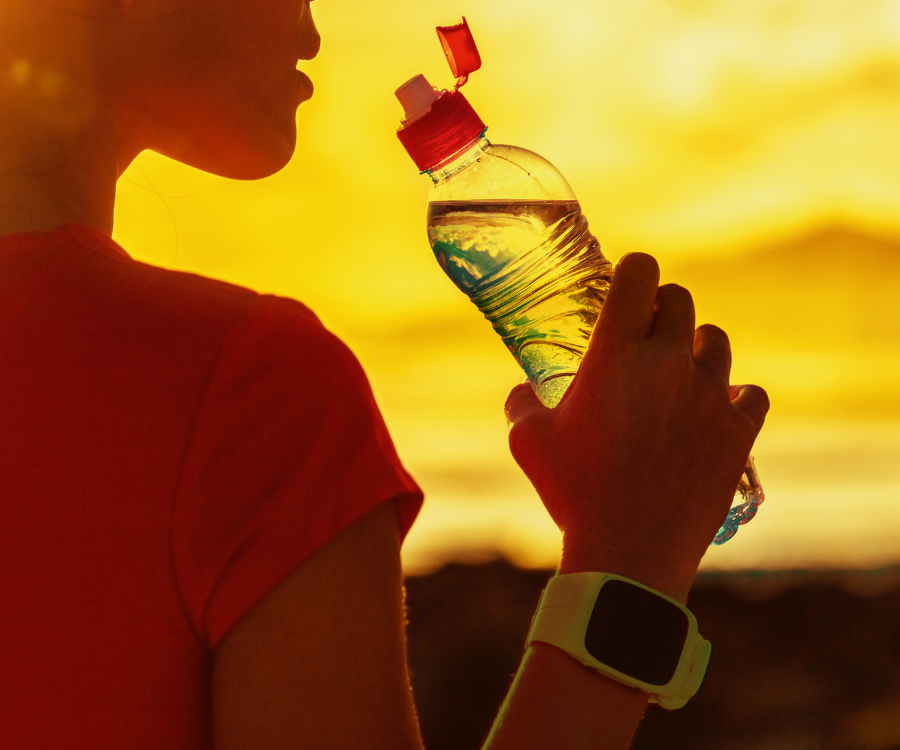We all know dehydration can leave us feeling sluggish and thirsty, but did you know it can also impact your precious eyesight? It’s true! Skimping on water intake can wreak havoc on your eyes, leading to a range of uncomfortable and potentially harmful consequences. Let’s dive into the not-so-clear consequences of dehydration on your vision.
The Tears We Cry (and Don’t Cry):
Our eyes rely on a delicate balance of tear production and tear evaporation to stay lubricated and comfortable. Tears wash away dust, debris, and even harmful bacteria, while keeping the surface of your eyes smooth and clear. But when you’re dehydrated, your body prioritizes conserving water, sending less to your tear glands. This results in fewer tears, leading to…
Dry Eye Discomfort:
The most common symptom of dehydration-related eye issues is dry eye. This can manifest as a gritty, burning sensation, redness, blurred vision, and even sensitivity to light. Imagine trying to focus on a computer screen with sandpaper in your eyes – not pleasant!
Visionary Woes:
Dehydration can also affect your ability to focus and see clearly. This is because the cornea, the transparent dome at the front of your eye, needs to stay properly hydrated to maintain its shape. When dehydrated, the cornea can flatten slightly, leading to temporary blurry vision or distorted images.
Sun’s Not So Friendly:
Dry eyes due to dehydration become even more vulnerable to sun damage. Tears help protect your eyes from harmful UV rays, so insufficient tears can increase your risk of developing cataracts or macular degeneration later in life.
So, How Much Water Do I Need?
The exact amount varies depending on individual factors like activity level and climate, but generally aiming for 8 glasses of water per day is a good starting point. Listen to your body – if you’re feeling thirsty, you’re already slightly dehydrated!
Staying Hydrated for Healthy Eyes:
Here’s how to keep your eyes happy and hydrated:
- Drink plenty of water throughout the day, even if you don’t feel thirsty.
- Limit caffeine and alcohol, which can be dehydrating.
- Increase your intake of water-rich fruits and vegetables.
- Use artificial tears if your eyes feel dry, but consult your doctor if symptoms persist.
- Take breaks from screens and give your eyes a rest.
Remember, your eyes are precious, so treat them right! By staying hydrated and following these tips, you can ensure they stay clear, comfortable, and focused for years to come.

